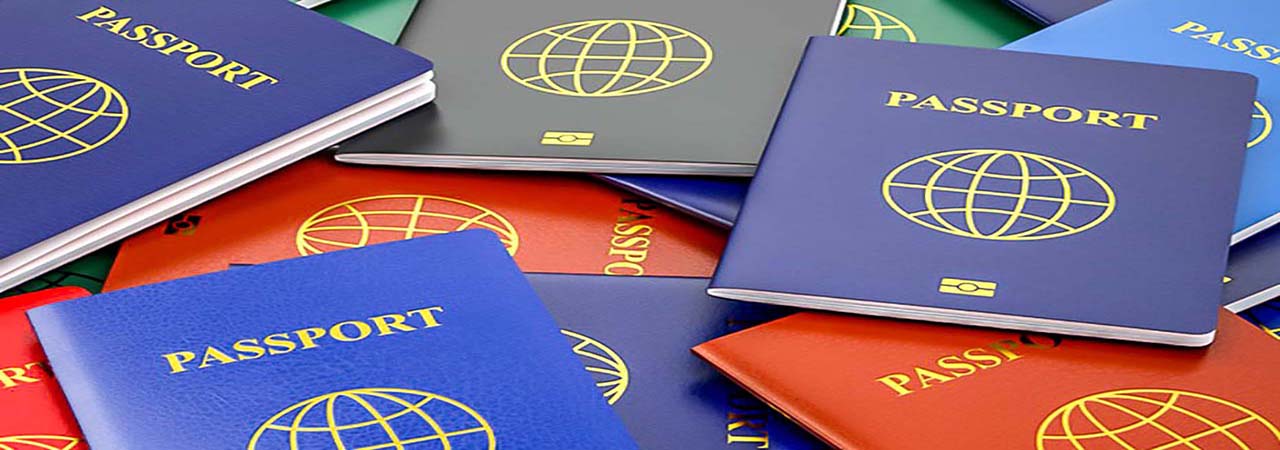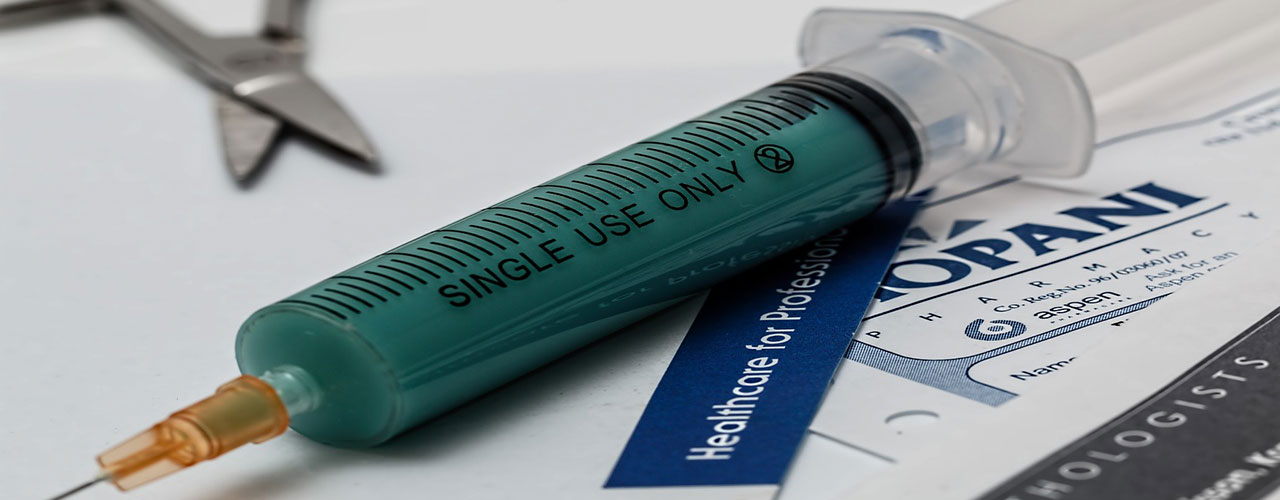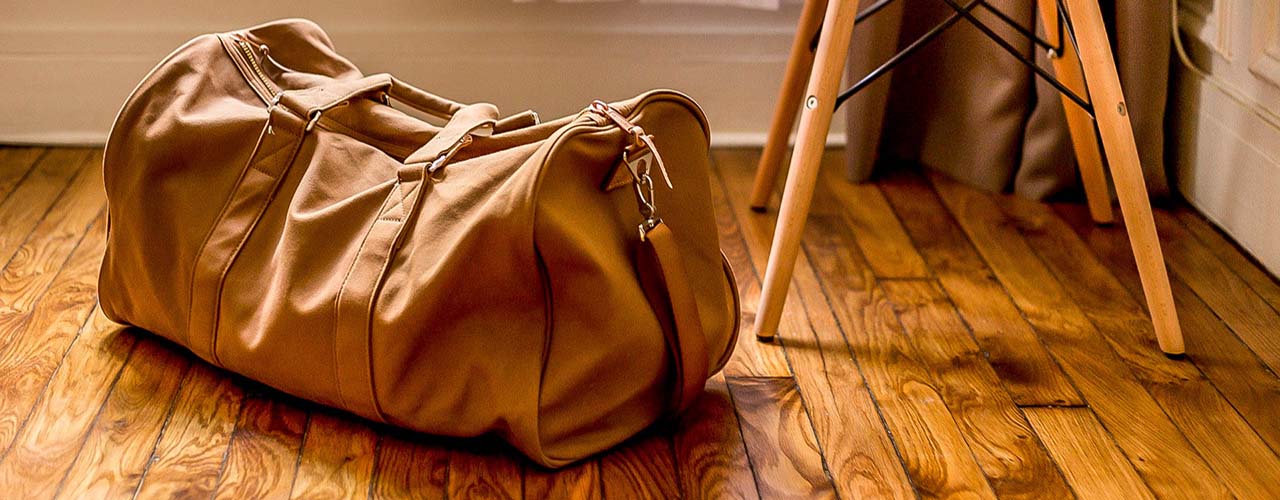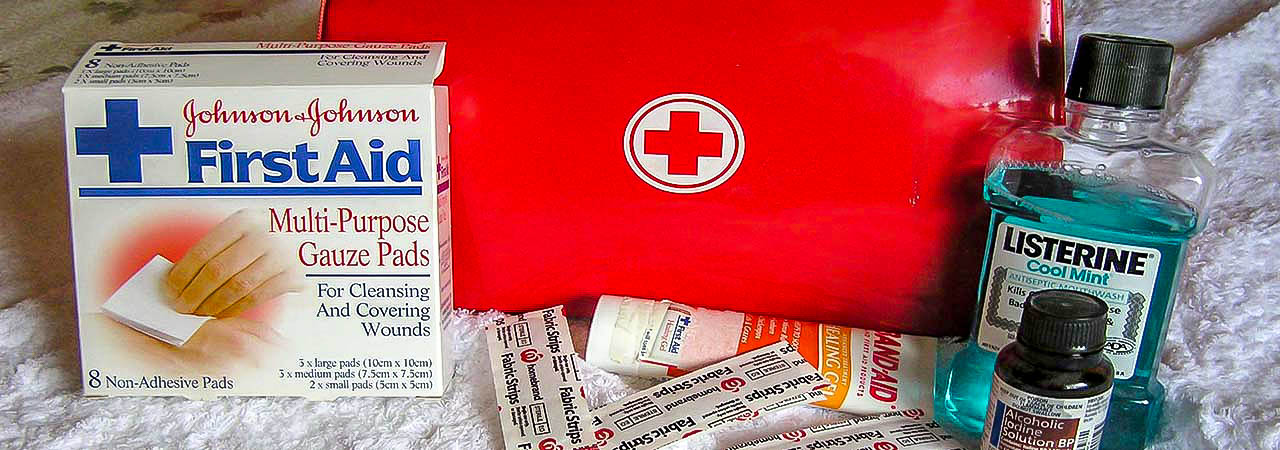Visa, Health & security
Biometric Visa

To enter Burkina Faso, all visitors must have a valid passport, laissez-passer or identity document with a photograph of the holder. If you are a national of a member country of the Community of West African States (ECOWAS), you do not need a visa. However, you must have a valid travel document: passport, identity card or a laissez passer are sufficient for stays of less than 90 days. A vaccination against yellow fever is also compulsory for all visitors and it is preferable to be vaccinated ten days before departure, because of possible reactions of the organism. You should also bring an international vaccination booklet which must be presented on arrival at Ouagadougou airport as proof.
Non-ECOWAS nationals must have a valid passport and a visa. The visa is compulsory and can be obtained from the embassies and consulates of Burkina Faso in your respective countries. The visa must cover the duration of your stay. For a stay of less than two months, or for nationals of countries without Burkina Faso representation, the visa can be obtained directly on arrival at Ouagadougou airport. The visitor must bring two passport photos and the visa fee.
Nationalities exempt from visa requirements
Benin, Burkina Faso, Cape Verde, Ivory Coast, Gambia, Ghana, Guinea, Guinea Bissau, Liberia, Mali, Niger, Nigeria, Senegal, Sierra Leone, Togo.
NB : Nationals of countries not mentioned in the above list will need a Visa to enter Burkina Faso.
Visa application forms are available free of charge from the Burkina Faso embassies or consular offices responsible for your country of residence. In addition to the passport and visa, a fever vaccination is required and you will need the international vaccination booklet as proof.
Some forms of visa available
- A visa application form (downloadable from the website or available at the consulate) duly completed and signed by the applicant.
- A passport photo taken on a white background, size 4.5 x 3.5 cm, to be pasted on the form (no photocopies or scanned photos).
- A passport valid for at least one month after the expiry of the visa requested;
- Associations or organizations working in Burkina Faso may apply for a cooperation group visa. In this case, the file must include
- The receipt of the official recognition of the said association or organization (issued by the prefecture);
- A letter addressed to the consul explaining the request
- A list of the beneficiaries of the visas.
Health Tips
Vaccines

In addition to the mandatory vaccines, we recommend the vaccines below:
Recommended Vaccines
Malaria
Malaria is active throughout the year in Burkina Faso. We recommend prophylaxis before your trip. Regarding the type and duration, please consult your doctor.
Hepatitis A / Typhoid
Hepatitis A and typhoid can be easily contracted by consuming contaminated food and drink.
Meningitis
Burkina Faso is part of the meningitis belt in sub-Saharan Africa. If you are staying in Burkina Faso during the dry season, we recommend this vaccine because meningitis is much more common during the great dry season.
Travel insurance
We recommend travel insurance before leaving. It is very important to learn about the medical services and coverage offered.
What should my travel insurance cover?
- Repatriation in case of serious illness or accident
- Medical care
- 24 hours emergency service and assistance
- Refund for loss or theft of valuables
- Your travel insurance should be tailored to the activities during your stay.
Insects

Mosquitoes, ticks and fleas can transmit a number of diseases, some of which can’t be prevented with a vaccine or drugs. However, the risk can be reduced by taking certain precautions.
How to prevent insect bites
- Cover the skin (long-sleeved shirts, pants, hats).
- Use a suitable repellent.
- Sleep in air-conditioned rooms or ones that have a mosquito net.
- If you sleep outside use a mosquito net.
- Use Permethrin to treat clothing and Permethrin cream applied directly on the skin, two applications one week apart.
What types of insect repellent should I use?
To protect yourself from ticks and mosquitoes, use insect repellent with a minimum DEET content of 20% or more and especially effective for several hours. In addition to DEET, products containing icaridin also known as picaridin, lemon eucalyptus essential oil and IR3535 provide effective protection against insects.
What to do if you get bitten?
- Do not scratch. Use hydrocortisone cream or calamine lotion to reduce itching.
- Examine your whole body daily for ticks. If discovered, be careful to remove them properly.
Stay away from animals
Most animals avoid humans but can bite or scratch if they feel threatened. Bites and scratches from animals can cause diseases such as rabies.
- Do not feed or touch strange animals
- Keep animals away from open wounds
- Avoid animals saliva
- Avoid rodents
- If you discover a bat in your room, call your doctor because bat bites are difficult to detect.
- All animals can pose a threat, but special attention should be given to dogs, bats, snakes and jellyfish.
- If bitten: Wash the wound with soap and clean water, seek medical attention immediately. Once back home, inform your doctor of your injury.
Clothing

In Burkina Faso, it is quite hot. Do not forget to take light clothes. It is important, especially in some areas to dress appropriately. The clothes should cover the shoulders, shorts and skirts should be at the length of the knees. Bikinis are suitable for the beach but are not suitable outside the beach. In some areas, there is a drop in temperature in the evenings, so be sure to bring some warm clothes if you intend to stay in one of these areas.
First aid kit: What should my first aid kit contain?
First aid kit

We recommend a first aid kit. It should be fitted out so that it is sufficient for the treatment of minor illnesses and disorders.
What should my first aid kit contain?
- 1% hydrocortisone cream
- Antifungal ointment
- Antiseptics (to clean a wound)
- Medication (diarrhea)
- Medication (fever)
- Aloe Vera Gel (sunburn)
- Sun cream (min SPF 15)
- Insect repellent
- Insect bite ointment
- Bandages, gauze bandage, tape (to cover a wound)
- Moleskine (blisters)
- Elastic bandage (sprains)
- Disposable gloves
- Digital thermometer
- Scissors and safety pins
- Q-Tips
- Tweezers
- Eye drops
- Rehydration Salts
If you are on regular medication, bring a sufficient supply for your stay.
Security Advice

Good travel planning requires information on security conditions in the country of destination. Your security is our priority. In general, Burkina Faso is secure and peaceful, however, it is possible in some region and cities, as in all countries to witness acts of insecurity and it’s necessary to take precautions. We have developed some safety guidelines.
Some security guidelines
- Find a trustworthy driver. Ask at the hotel or a travel agent where you are staying. When you find one book him for the duration of your stay.
- Avoid unfamiliar neighborhoods after nightfall.
- In case of loss of documents contact the nearest police station and make a statement of loss and immediately stop your credit card(s).
- Preferably leave your personal belongings and documents at your accommodations if possible. A certified copy of your passport will allow you to move easily.
- Ensure that all emergency numbers are close at hand.
- In crowded places wear your backpack or handbag close to your body.
